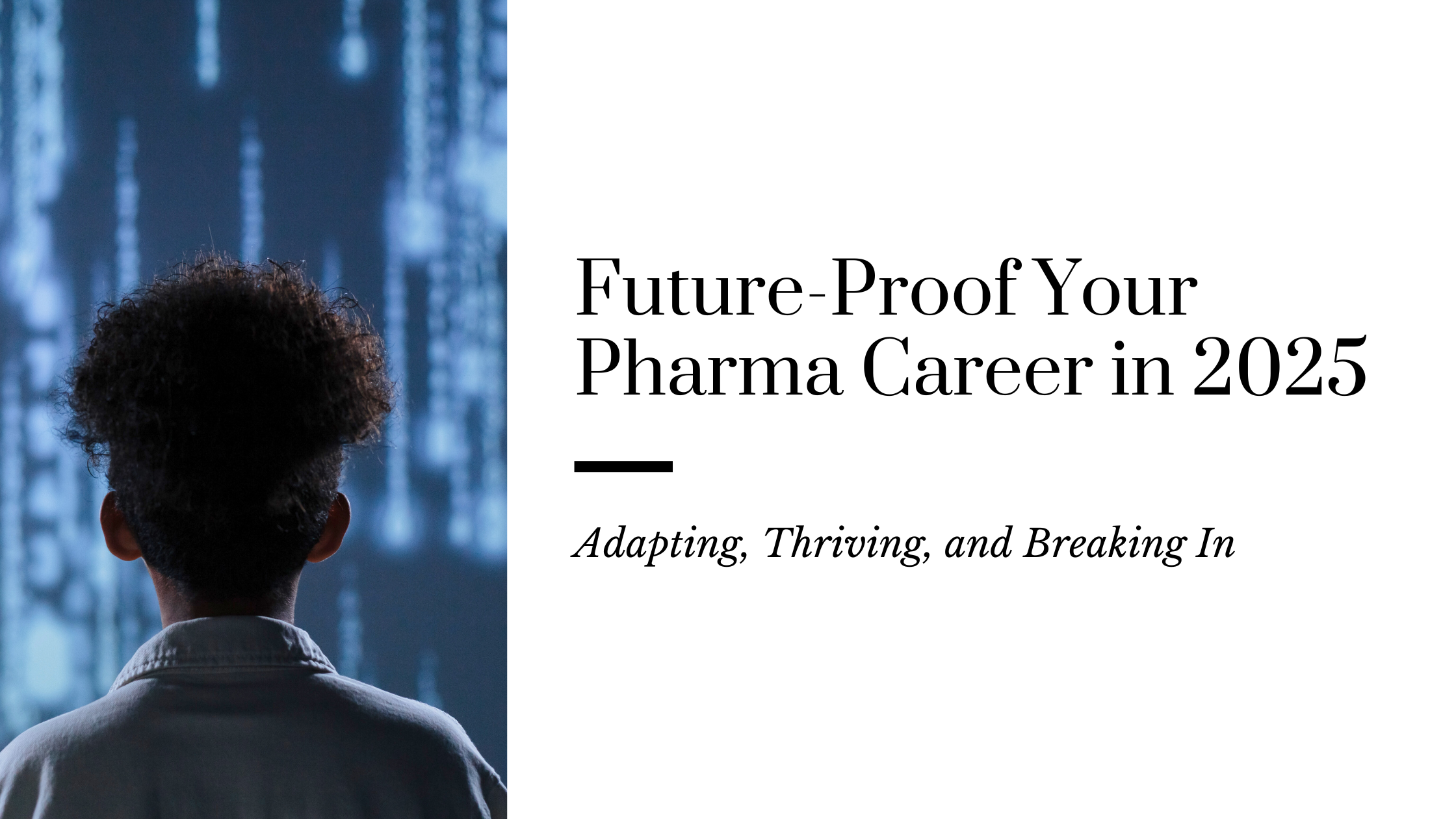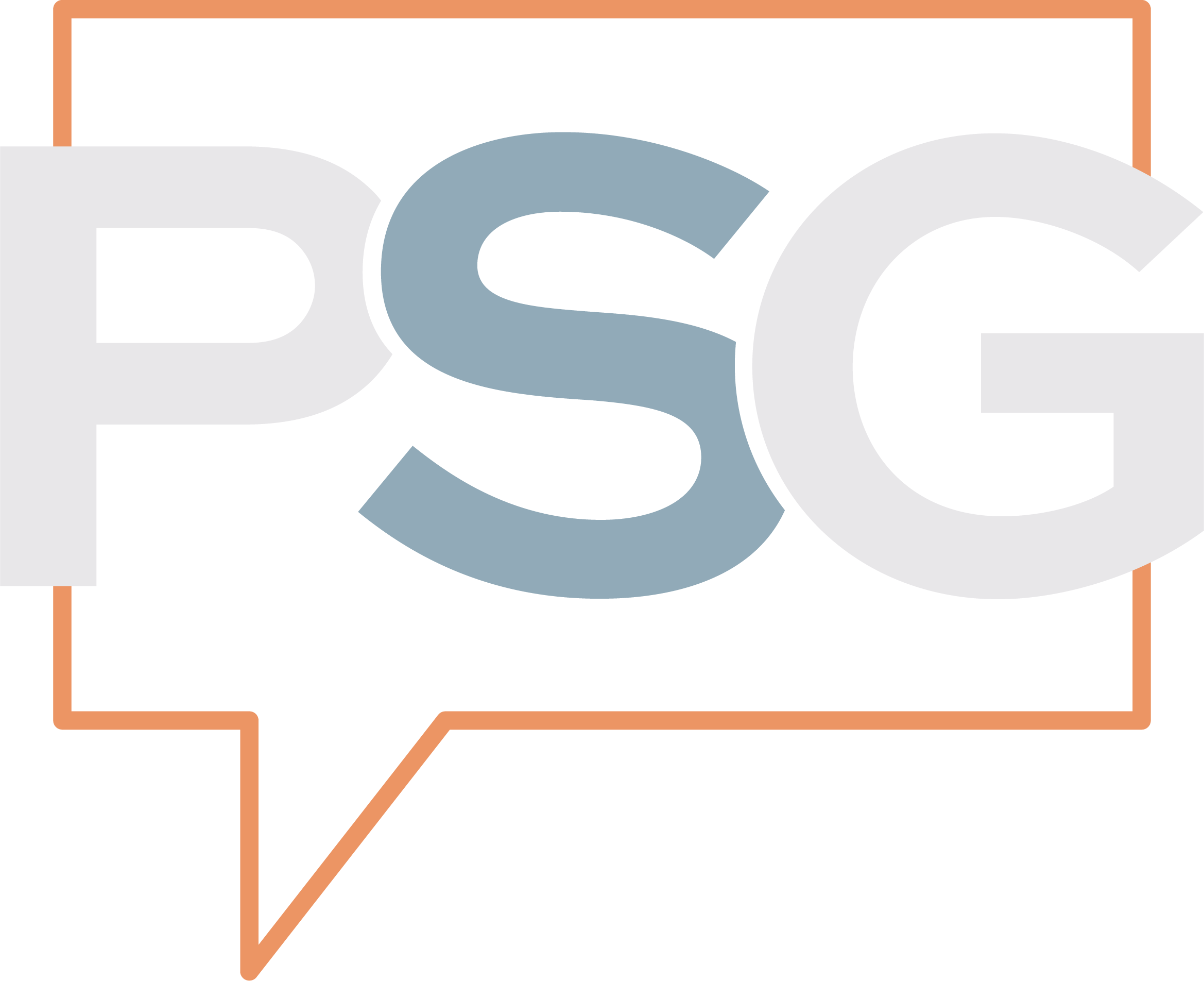(8-min read)
The post-COVID, AI-driven world has reshaped the pharmaceutical industry in numerous ways, transforming processes, regulations, and, most of all, career pathways. What once worked in pharmaceutical hiring and operations has evolved into a rapidly changing digital landscape, leaving many newcomers, students, and recent graduates wondering where they fit.
So, how can those just starting in pharma stand out? And what does it take to compete in an industry increasingly influenced by automation and open-source technology?
In this brief guide, PSG will guide you through the pharma industry of 2025—from groundbreaking advancements and shifting regulatory trends to emerging job roles that new talent can pursue. Whether you want to break in or stay ahead, we’ll equip you with the insights needed to thrive in the industry’s new era.
Stay Up to Date On Industry Advancements:
In today’s digital age, one of the most valuable assets a newcomer can bring to the pharmaceutical industry is becoming a go-to source of knowledge—someone recruiters and industry leaders can rely on. Staying informed about industry advancements and finding out how you fit in with them is a powerful way for aspiring QA and regulatory specialists to stand out. Here are some key innovations shaping the future of pharma that are worth your attention:
Artificial Intelligence:
We’d be remiss not to mention the defining buzzword of the past year: artificial intelligence. While many organizations race to automate their processes, others struggle to keep pace. In pharma, AI adoption often raises concerns around talent displacement, scalability, and ethical considerations.
Though these challenges have no simple solutions, some companies, such as Roche Canada, embrace AI with robust ethical frameworks, focusing on augmenting human expertise, not replacing it. By automating routine tasks, AI enables employees to focus on the complex, high-value work that drives innovation.
Beyond automation, AI is transforming pharma in 2025 in diverse ways. While generative AI models like ChatGPT, DeepSeek, and Microsoft’s CoPilot empower marketers, startups leverage AI to analyze clinical trial data more efficiently, accelerating drug development and bringing new therapies to market faster.
Digital Health Integration:
In 2015, the World Health Organization predicted digital health would be key to managing an aging population. Fast forward to today, and tools like telemedicine and wearable devices have revolutionized patient monitoring, shifting healthcare toward a more proactive approach. Simply put, people are living longer, and providing quality care now requires more interventions at multiple levels.
Canada is already embracing digital health innovation. Startups like PragmaClin are leveraging digital tools to study Parkinson’s patients, while Roche Canada is using self-reporting technology to analyze diverse populations in remote Alberta.
Despite these advancements, a major roadblock remains: the lack of clear regulatory guidelines for evaluating and adopting digital health technologies. This gap slows progress and limits widespread adoption.
Health Canada is stepping up its support for digital health solutions, with the newly established Digital Health Review Division, comprised of experts in digital health-integrated medical devices. They are now working to streamline the approval process, aligning regulations with industry needs and paving the way for a more connected, tech-driven future in healthcare.
Real-World Evidence (RWE):
A shift from traditional clinical trials of the past, the use of RWE, or data from electronic health records and patient wearables, is gaining traction in regulatory decision-making. In Canada, RWE is being used to fill gaps left by clinical trials, offering insights into the safety and effectiveness of drugs and health technologies in everyday clinical settings.
While this advancement leans towards more data-driven results, a few wrinkles remain to iron out. As the saying goes, correlation is not causation.
Like the advent of AI and other open-source technologies, potential biases regarding minority groups cannot be sufficiently controlled in the data, requiring a more human touch to mitigate. The quality of RWE can vary depending on what is being measured, the source of the information, and how the data are collected, analyzed, and reported.
Another major hurdle is the lack of clear, consistent regulatory standards defining when RWD is acceptable for decision-making. Moving forward, collaboration between stakeholders will be crucial in determining what data needs to be collected, how it should be shared, and how it can be effectively used to shape regulatory decisions.
Keep an eye on regulatory changes:
Regulatory changes and QA specialists go hand in hand. Staying on top of evolving regulations—both in Canada and beyond—is essential for anyone looking to stand out. While tracking updates from Health Canada and the FDA is a given, adopting a global perspective can provide you a competitive edge by helping you anticipate trends before they reach Canada. Here are some up-and-coming regulatory trends to keep an eye on:
Global Harmonization Efforts:
In the past, Canada has actively participated in global efforts to harmonize pharmaceutical regulatory standards, aligning with frameworks set by the International Council for Harmonization of Technical Requirements for Pharmaceuticals for Human Use (ICH). Aiming to streamline pharmaceutical companies’ international operations, these guidelines ensure that regulatory differences between countries do not hinder drug development or patient access.
Canada supports a science-driven negotiation approach by working within established legal frameworks, fostering confidence among regulators and industry stakeholders. While existing regulations provide a foundation for harmonization, adaptations remain possible to enhance implementation and facilitate the availability of innovative therapies worldwide.
Decentralized Clinical Trials (DCTs):
DCTs are transforming drug development by leveraging virtual tools to recruit and monitor participants remotely. Regulatory frameworks have evolved to accommodate this shift, making clinical trials more accessible, cost-effective, and efficient. By reducing geographical and logistical barriers, DCTs enable broader patient participation while accelerating timelines for new therapies.
As regulators refine guidelines, adopting decentralized approaches is expected to expand, further optimizing trial efficiency and patient engagement.
Addressing “Dormant” Drug Status:
In January 2024, Health Canada introduced a policy allowing generic manufacturers to develop alternatives to “dormant” innovative drugs—those not currently sold but not officially withdrawn. This change aims to improve market competition and drug availability, especially when supply shortages or manufacturing issues lead to a drug’s dormancy.
Based on this, if an innovative drug is classified as “Dormant” in the Drug Product Database, generic manufacturers can reference an alternative Canadian Reference Product—including another generic drug—when submitting their applications. This regulatory shift is expected to help maintain a stable drug supply and enhance patient access to essential medicines.
Specialize in Emerging Job Roles:
Job roles in the pharmaceutical industry are constantly evolving, and in the fast-paced landscape of 2025, this is truer than ever. For those looking to break into the field, here are both emerging and established specializations to consider when getting a foot in the door:
- AI & Machine Learning Specialists: With the rise of AI-driven drug discovery and clinical trial optimization, pharma companies need experts to develop and integrate machine learning models into research and business operations.
- Digital Health & Telemedicine Specialist: As remote patient monitoring and AI diagnostics become more prevalent, professionals who specialize in health informatics, wearable technology, and digital therapeutics are in high demand.
- Real-World Evidence (RWE) Scientists: Pharma companies increasingly rely on real-world data (RWD) from electronic health records, insurance claims, and wearable devices to support regulatory approvals and market access strategies.
- Regulatory Intelligence Analysts: With regulatory frameworks evolving to accommodate decentralized trials, biosimilars, and AI in healthcare, specialists who track and interpret changing compliance standards are essential.
- Personalized Medicine & Genomics Experts: The shift toward precision medicine has created opportunities for specialists in genomics, bioinformatics, and individualized drug therapy, especially in oncology and rare diseases.
- Supply Chain & Sustainability Analysts: With increasing focus on supply chain resilience and sustainability, roles are emerging to optimize drug production, distribution, and environmental impact.
- Market Access & Health Economics Experts: As healthcare costs rise, pharma companies need professionals skilled in health economics and outcomes research (HEOR) to demonstrate drug value and negotiate pricing with payers.
In Conclusion: The pharmaceutical industry is evolving at an unprecedented pace, driven by advancements in AI, digital health, regulatory changes, and personalized medicine. To stay ahead, professionals must embrace lifelong learning, adaptability, and emerging technologies. Whether you’re entering the field or looking to pivot, focusing on high-growth specializations—from AI-driven drug discovery to regulatory intelligence and real-world evidence analysis—can set you apart.
By staying informed, agile, and proactive, you can thrive in this dynamic landscape and carve out a future-ready career in pharma. Now is the time to invest in skills, explore new opportunities, and position yourself at the forefront of industry innovation.


